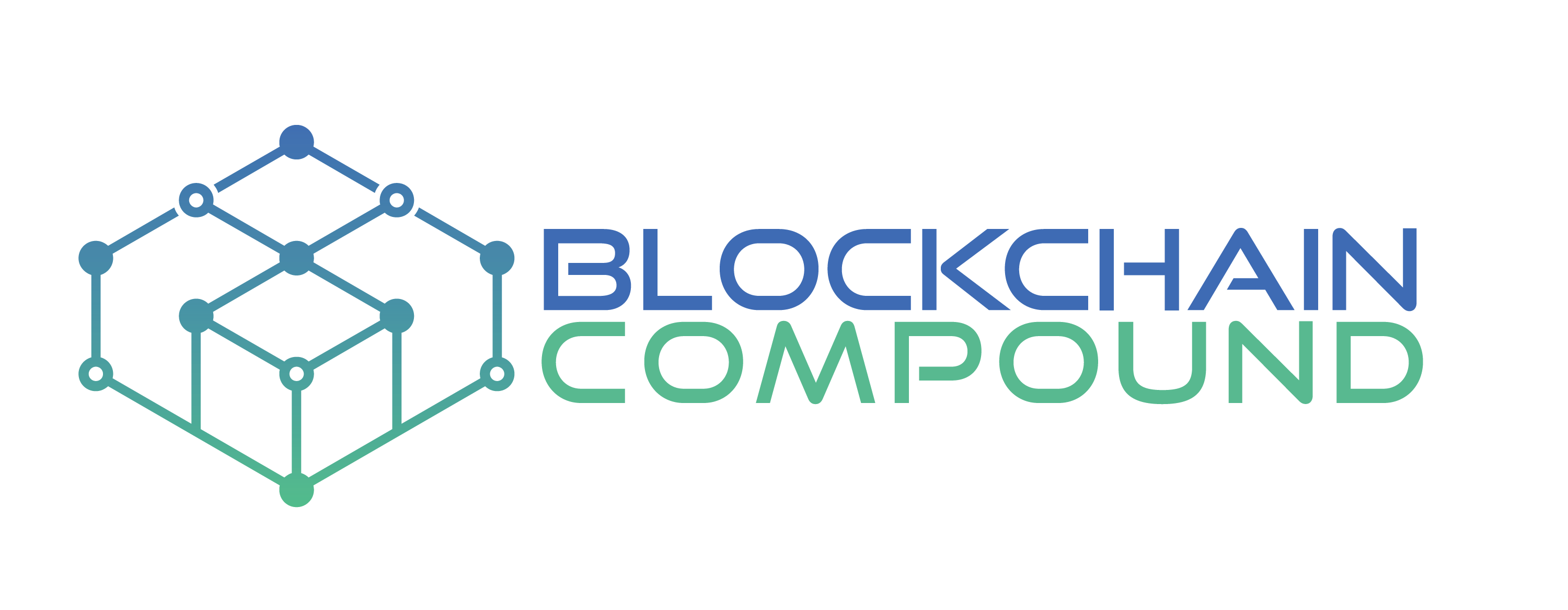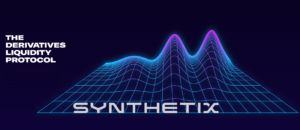In recent years, the rise of blockchain technology has created a wave of entrepreneurship, with many startups and established businesses alike seeking to take advantage of the benefits that this technology can offer. At the same time, the issue of student debt has become a major concern for many individuals, particularly in the United States. In this article, we will explore how entrepreneurship within the blockchain industry can be a solution to the student debt crisis, and how blockchain technology can create opportunities for individuals to take control of their financial future.
What is Blockchain Technology?
Before we dive into the potential of blockchain technology for entrepreneurs, let’s first define what it is. At its core, blockchain is a decentralized, distributed ledger system that allows for secure and transparent record-keeping. This technology has the potential to disrupt many industries by eliminating the need for intermediaries, reducing transaction costs, and increasing efficiency.
One of the most well-known applications of blockchain technology is cryptocurrency, such as Bitcoin and Ethereum. However, blockchain has many other potential use cases beyond digital currencies. For example, it can be used for supply chain management, voting systems, and even as a means of storing and sharing medical records.
Entrepreneurship in the Blockchain Industry
As blockchain technology continues to evolve, we are seeing a growing number of entrepreneurs launching startups in this space. According to a report by CB Insights, blockchain startups raised over $4 billion in funding in 2020, and this number is expected to continue growing in the coming years.
One reason for the growth of entrepreneurship in the blockchain industry is the potential for disruption. Many traditional industries are ripe for disruption, and blockchain technology offers a way to cut costs, increase transparency, and create new business models. For example, blockchain can be used to create decentralized marketplaces that connect buyers and sellers directly, eliminating the need for intermediaries and reducing transaction costs.
Another reason for the growth of entrepreneurship in the blockchain industry is the potential for financial gain. As with any emerging technology, there is the potential for early adopters and entrepreneurs to profit significantly if they are able to identify a valuable use case and execute on it effectively.
How Blockchain Technology Can Help with Student Debt
Now that we’ve explored the potential for entrepreneurship in the blockchain industry, let’s turn our attention to student debt. In the United States, student debt has reached record levels, with the total amount of outstanding student loans exceeding $1.7 trillion. This debt burden can be a significant barrier for individuals looking to start a business or invest in their future.
One potential solution to the student debt crisis is the use of blockchain technology. Here are a few ways in which blockchain could help:
-
Decentralized Student Loan Systems
Decentralized student loan systems are another application of blockchain technology that have the potential to address the issue of student debt. These systems use blockchain technology to connect borrowers and lenders directly, without the need for intermediaries such as banks or financial institutions.
One of the primary benefits of decentralized student loan systems is their ability to reduce the cost of borrowing for students. By eliminating intermediaries, these systems can offer lower interest rates and more flexible repayment terms, making it easier for students to manage their debt.
Decentralized student loan systems also offer greater transparency and security for borrowers and lenders. Because these systems are built on blockchain technology, all transactions are recorded and verified, creating a transparent and secure record of borrowing and repayment.
Another benefit of decentralized student loan systems is that they can help to reduce the administrative overhead associated with traditional student loan programs. Currently, many student loan programs require significant administrative resources to manage and distribute funds. By using blockchain technology, these administrative costs can be reduced, freeing up more funds for students.
However, there are also challenges associated with decentralized student loan systems. One of the main challenges is the potential for default and fraud. While blockchain technology can help to reduce these risks, they cannot eliminate them entirely. Additionally, decentralized student loan systems may face regulatory challenges in some jurisdictions, as they operate outside of traditional banking systems.
Despite these challenges, decentralized student loan systems represent an innovative application of blockchain technology that has the potential to address the issue of student debt. By leveraging the power of blockchain technology, these systems can offer a more transparent, secure, and cost-effective approach to student lending, creating new opportunities for students and lenders alike.
-
Micro-Loan Platforms
Micro-loan platforms are another application of blockchain technology within the realm of entrepreneurship. These platforms use blockchain technology to facilitate lending and borrowing between individuals, often with the aim of supporting entrepreneurship in emerging markets.
One of the primary benefits of micro-loan platforms is their ability to reach underserved populations that may not have access to traditional banking services. By leveraging blockchain technology, micro-loan platforms can operate with lower overhead costs, allowing them to offer loans with lower interest rates and more flexible repayment terms.
Micro-loan platforms also provide a way for individuals to invest directly in entrepreneurship and small businesses, rather than relying on traditional financial institutions. This creates a more democratic and decentralized approach to lending and borrowing, allowing individuals to support entrepreneurship and economic growth in their communities.
Moreover, micro-loan platforms can be a tool to help individuals reduce their reliance on high-interest credit cards and payday loans. These high-cost loans can trap individuals in cycles of debt, making it difficult for them to get ahead financially. By providing access to lower-interest micro-loans, individuals can take greater control of their finances and potentially reduce their reliance on these high-cost loans.
However, it is important to note that micro-loan platforms are not without their challenges. One of the main risks associated with micro-loan platforms is the potential for fraud and default. While blockchain technology can help to reduce these risks, they cannot eliminate them entirely. Additionally, micro-loan platforms may face regulatory challenges in some jurisdictions, as they operate outside of traditional banking systems.
Despite these challenges, micro-loan platforms represent an innovative application of blockchain technology that has the potential to support entrepreneurship and economic growth in underserved communities. By leveraging the power of blockchain technology, these platforms can offer a more democratic and decentralized approach to lending and borrowing, creating new opportunities for individuals and small businesses alike.
-
Blockchain-Based Scholarships
Blockchain-based scholarships are a type of decentralized platform that leverages blockchain technology to connect donors and scholarship recipients directly. This technology offers a more transparent and efficient way to distribute scholarship funds, eliminating the need for intermediaries and reducing administrative overhead.
One of the main benefits of blockchain-based scholarships is their ability to ensure that scholarship funds are distributed fairly and transparently. By using blockchain technology, scholarship funds can be tracked from their source to their final destination, ensuring that they are being used for their intended purpose. This transparency also helps to build trust between donors and scholarship recipients, creating a more efficient and effective scholarship system.
Another benefit of blockchain-based scholarships is that they can help to reduce the administrative overhead associated with traditional scholarship programs. Currently, many scholarship programs require significant administrative resources to manage and distribute funds. By using blockchain technology, these administrative costs can be reduced, freeing up more funds for scholarship recipients.
Furthermore, blockchain-based scholarships can help to address issues of fraud and misuse of scholarship funds. By using a decentralized platform, it is much more difficult for individuals to manipulate or misuse scholarship funds, ensuring that they are being used for their intended purpose.
Conclusion
In conclusion, blockchain technology has the potential to revolutionize many industries, including finance, supply chain management, and voting systems. At the same time, it also has the potential to help address the issue of student debt. Through the use of decentralized systems, micro-loan platforms, and blockchain-based scholarships, individuals may be able to take greater control of their financial future and reduce the burden of student debt.
Entrepreneurship within the blockchain industry offers a unique opportunity for individuals to participate in this exciting new technology and potentially profit from its growth. As with any emerging industry, however, there are risks and challenges that must be navigated. It is important for entrepreneurs to carefully consider the potential use cases for blockchain technology and to identify areas where it can truly create value.
Additionally, it is important for policymakers and regulators to carefully consider the implications of blockchain technology and to ensure that it is being used in a responsible and ethical manner. As with any new technology, there are risks and potential downsides that must be addressed.
Ultimately, the rise of entrepreneurship within the blockchain industry offers a unique opportunity to address some of the most pressing challenges facing society today, including the issue of student debt. By leveraging the potential of blockchain technology, individuals may be able to take greater control of their financial future and create new opportunities for themselves and others.




